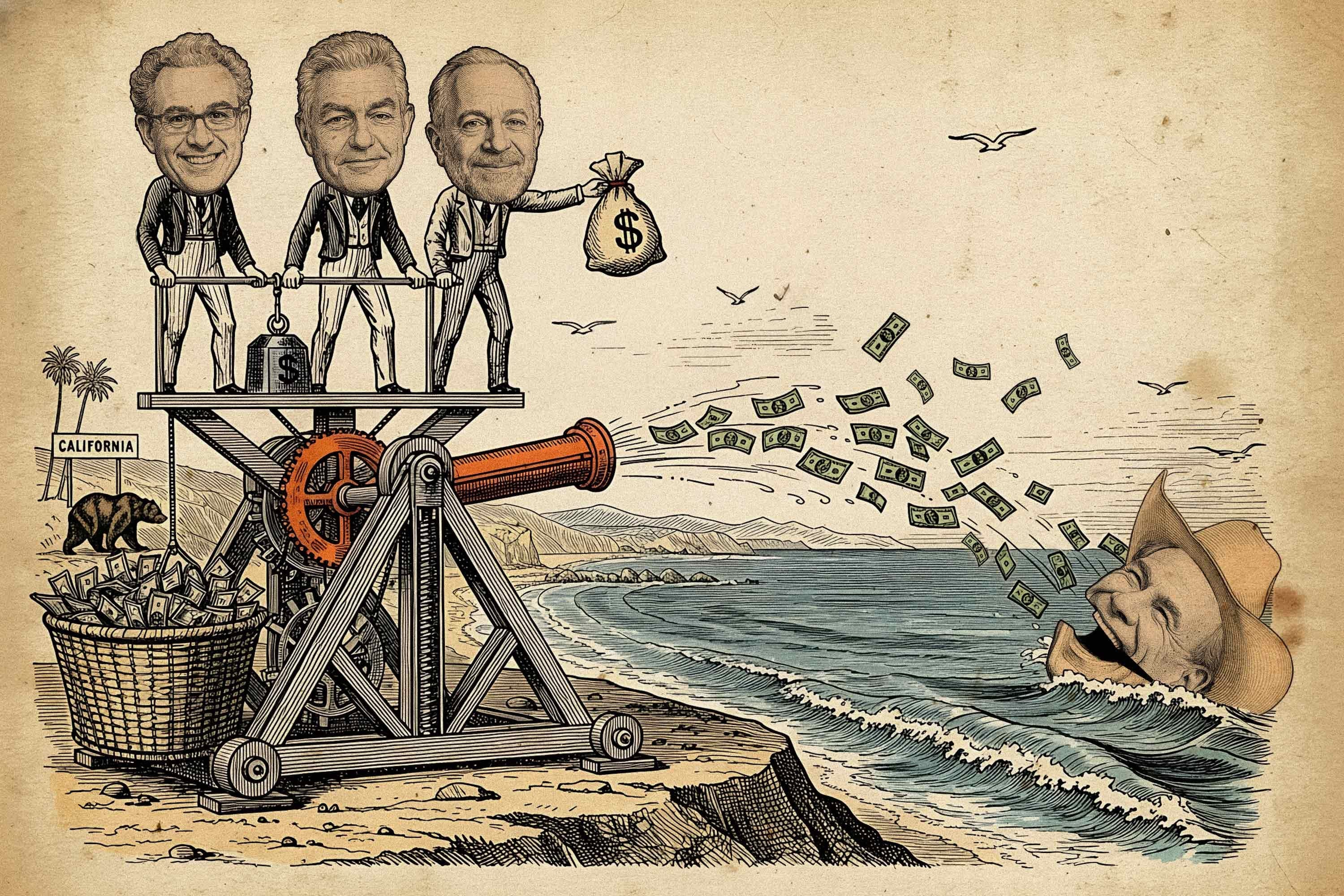
Meet the Architects of California’s Billionaire TaxFeb 13
the union who sponsored the proposal is trying to scale. the academics who wrote and influenced it are trying to counter billionaires' control over 'prevailing ideology'
Aug 13, 2023

Last November, in defiance of a broad, national failure for Republicans, the nation looked in shock to Ron DeSantis’ staggering gubernatorial re-election. In part, the story was Florida, once considered a “swing state” now firmly in the red. But much of the punditry’s conversation fell on a single city — Miami, the hispanic capital of America, which tipped Republican for the first time in memory. For years, the hispanic vote was considered a lock for Democrats, which was itself considered the obvious reason for the left-wing’s growing anti-border sentiments. So what was going on in Southern Florida?
Republicans have now begun to celebrate a trend they don’t understand. Alex Perez is a Cuban American writer from Miami, and the editor Real Clear Books. Today, he sets the record straight in this fascinating Sunday feature.
Viva!